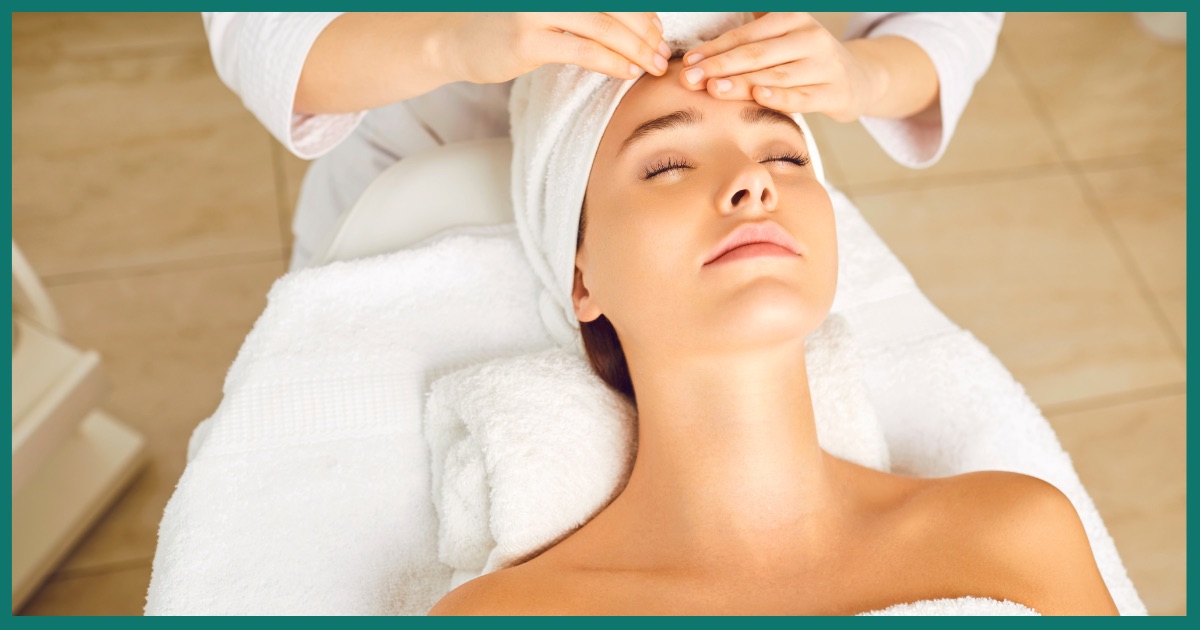The 'Alcohol Face': How Drinking Affects Your Skin and Appearance
By Sophie Solmini
Founder, ICADC, MATS, NCRC

Clinical Context: This article is reviewed by a Certified Alcohol and Drug Counsellor. It provides educational information and is not a substitute for professional medical advice.
You look in the mirror one morning and don't quite recognize the person staring back. Your face seems puffy, especially around the eyes. Your skin has a persistent redness across the cheeks and nose that doesn't seem to go away. You notice fine lines that seem deeper than they were a year ago. You blame it on stress, a lack of sleep, or just getting older.
But what if the culprit is the very thing you use to manage that stress? The nightly glass of wine or the weekend beers can have a profound and often overlooked impact on your appearance. This phenomenon is so common it even has a name: “alcohol face.”
This isn't about shaming or vanity; it’s about recognizing the visible signals your body is sending you. At Heal@Home, we believe that understanding these external signs can be a powerful motivator for internal change. Let’s break down the science of how alcohol affects your skin and what you can do to reclaim a healthier, more vibrant appearance.
The Four Main Ways Alcohol Sabotages Your Skin
The puffy, red, and prematurely aged look of “alcohol face” isn’t your imagination. It’s the result of several distinct biological processes that are set in motion every time you drink.
- Severe Dehydration: Alcohol is a diuretic, which means it suppresses the hormone vasopressin, causing your kidneys to send water directly to your bladder instead of reabsorbing it into your body. This dehydrates your entire system, and your skin is one of the first places it shows. Dehydrated skin appears less plump, fine lines and wrinkles become more pronounced, and your complexion can look dull and lifeless.
- Systemic Inflammation: When your liver metabolizes alcohol, it produces a toxic byproduct called acetaldehyde. This compound is highly inflammatory and triggers a response throughout your body, including your skin. This can cause redness and flushing by dilating blood vessels. For those with conditions like rosacea, alcohol is a well-known trigger that can cause significant flare-ups.
- Collagen Destruction: Collagen is the protein that gives your skin its firmness and elasticity. Chronic alcohol consumption can lead to a decrease in collagen production. It also increases the levels of stress hormones like cortisol, which are known to accelerate the breakdown of existing collagen. This one-two punch is a primary driver of premature aging, leading to sagging skin and deeper wrinkles.
- Sleep Disruption: A nightly drink might help you fall asleep, but it destroys the quality of your rest. Alcohol suppresses restorative REM sleep. Poor sleep is directly linked to increased cortisol (which breaks down collagen) and also prevents your skin from performing its crucial overnight repair and regeneration processes. The result is puffy eyes, dark circles, and skin that looks tired and stressed.
Why is "Alcohol Face" So Common in High-Achievers?
It’s a pattern we often see. Busy professionals use alcohol to decompress from high-stress jobs. That nightly drink becomes a ritual to "switch off" a racing mind. Because they are still "functioning" at a high level, they don't see the habit as problematic, but the physical signs begin to show. The very tool they use to manage stress ends up creating a physical appearance that looks stressed and tired, adding another layer of anxiety to their lives.
The Good News: Your Skin Wants to Heal
Reading this might be disheartening, but here is the powerful truth: your skin has a remarkable ability to heal. Reducing or eliminating alcohol can lead to visible improvements surprisingly quickly. Within a few weeks, you can notice reduced puffiness, a calmer complexion, and better hydration. It’s one of the fastest and most motivating rewards of changing your drinking habits.
But breaking that habit, especially when it’s tied to your daily routine, can feel impossible when cravings are strong. This is where our modern medical approach provides a critical advantage, helping you address the root cause of the problem. At Heal@Home, we use evidence-based tools like Medication-Assisted Treatment (MAT). A medication like naltrexone, used in The Sinclair Method, works by reducing the craving for alcohol. By quieting the biological 'noise' of addiction, it makes it significantly easier to break the daily habit that’s causing the inflammation and dehydration. It's an investment in your health, inside and out.
Practical Steps to Rejuvenate Your Skin
While reducing alcohol is the most powerful step, you can also support your skin's recovery with these habits.
- Hydrate Aggressively: Make water your best friend. Aim to drink consistently throughout the day to help flush out toxins and rehydrate your skin from the inside out. Adding electrolytes can also help your body absorb water more effectively.
- Focus on Anti-inflammatory Foods: Load up on foods rich in antioxidants and healthy fats, like berries, leafy greens, salmon, and avocados. These can help to calm the systemic inflammation and provide the building blocks for healthy skin.
- Support Collagen Production: Incorporate vitamin C-rich foods (like citrus fruits and bell peppers) into your diet, as vitamin C is essential for collagen synthesis. The Canadian Dermatology Association also offers great public resources on sun protection, another key factor in preserving collagen.
- Gentle Skincare: While your skin is healing, treat it kindly. Use a gentle, hydrating cleanser and a good moisturizer. Avoid harsh scrubs or treatments that could cause further irritation.
Look and Feel Like Yourself Again
That person in the mirror doesn't have to be a stranger. If you're in Canada and ready to take a proactive step for both your health and your appearance, contact Heal@Home for a confidential chat about our programs. Call us at 647-545-6751 or visit us online today.
Interested in our Program?
Our team provides a private, 12-week protocol designed to help you regain control from home.
Speak with our Team